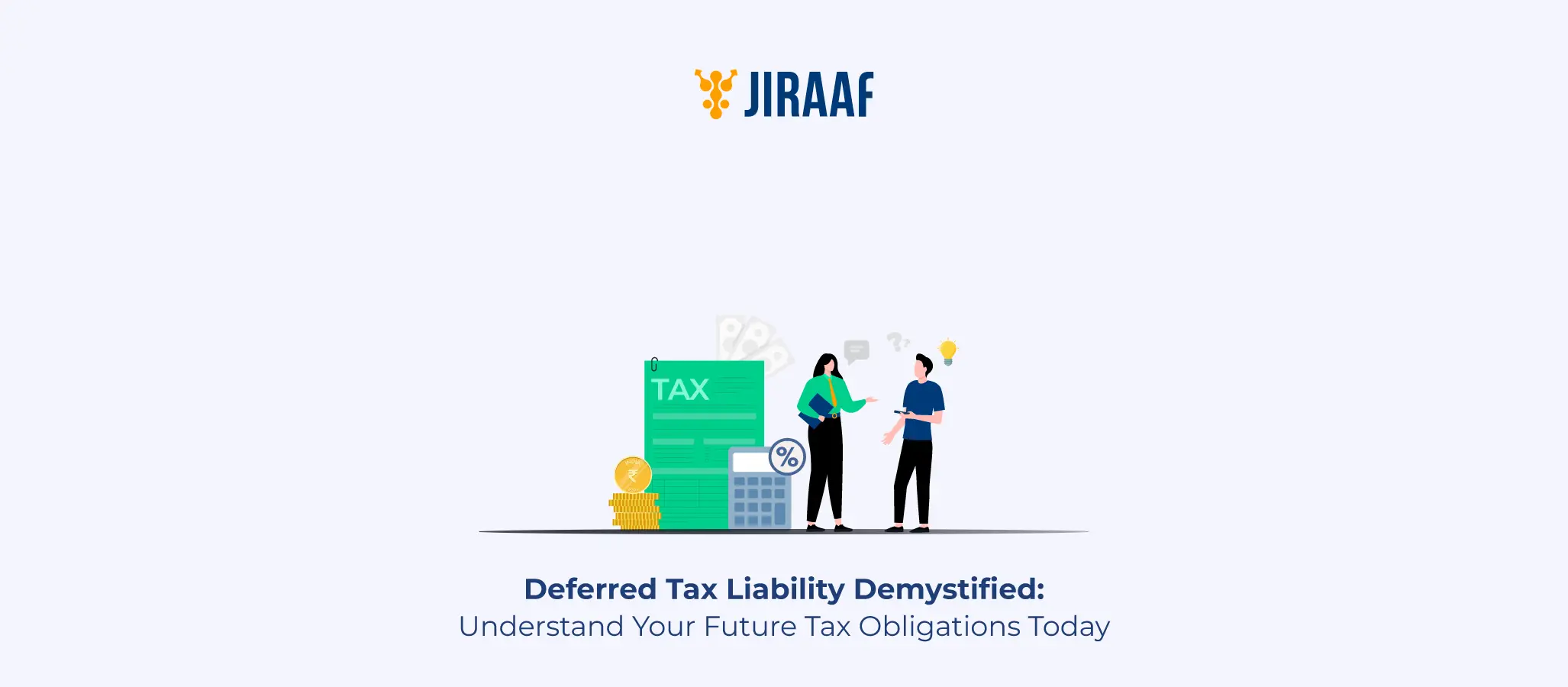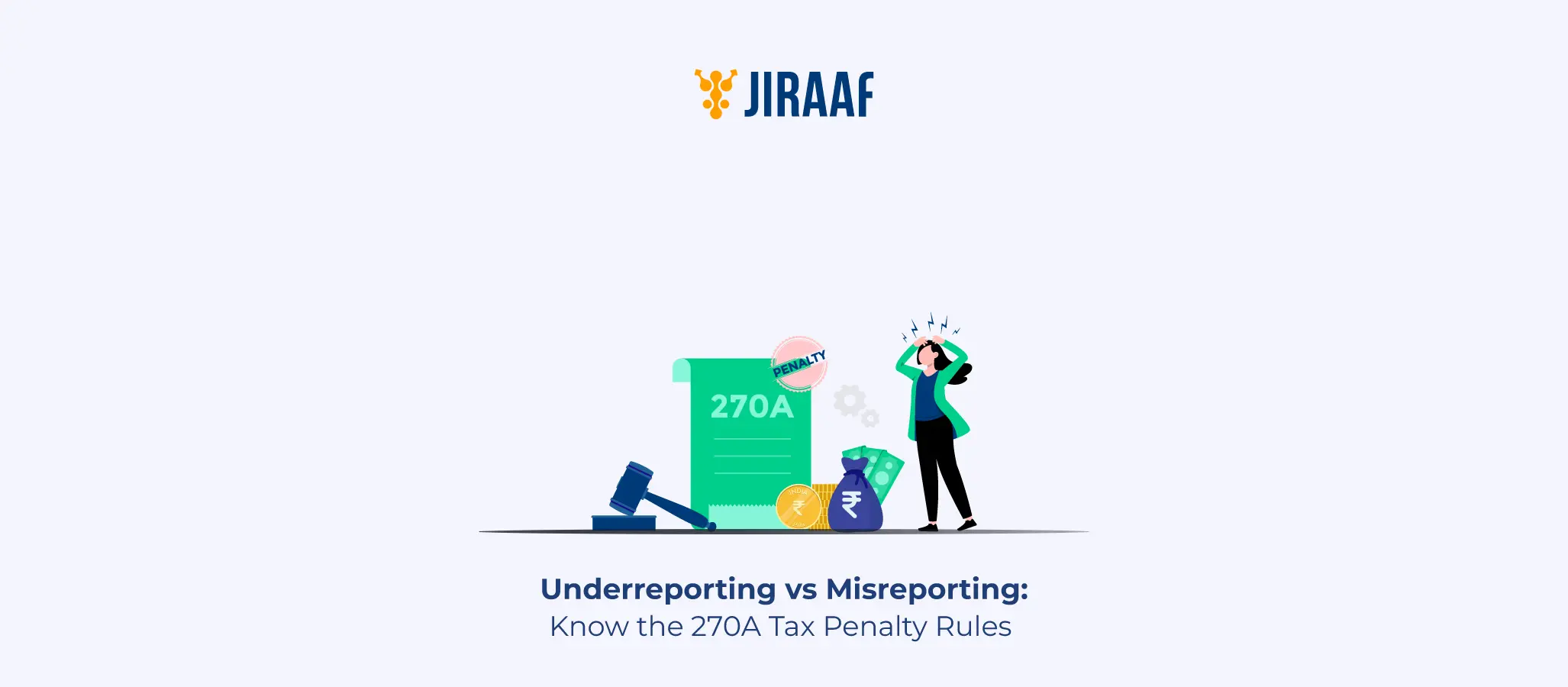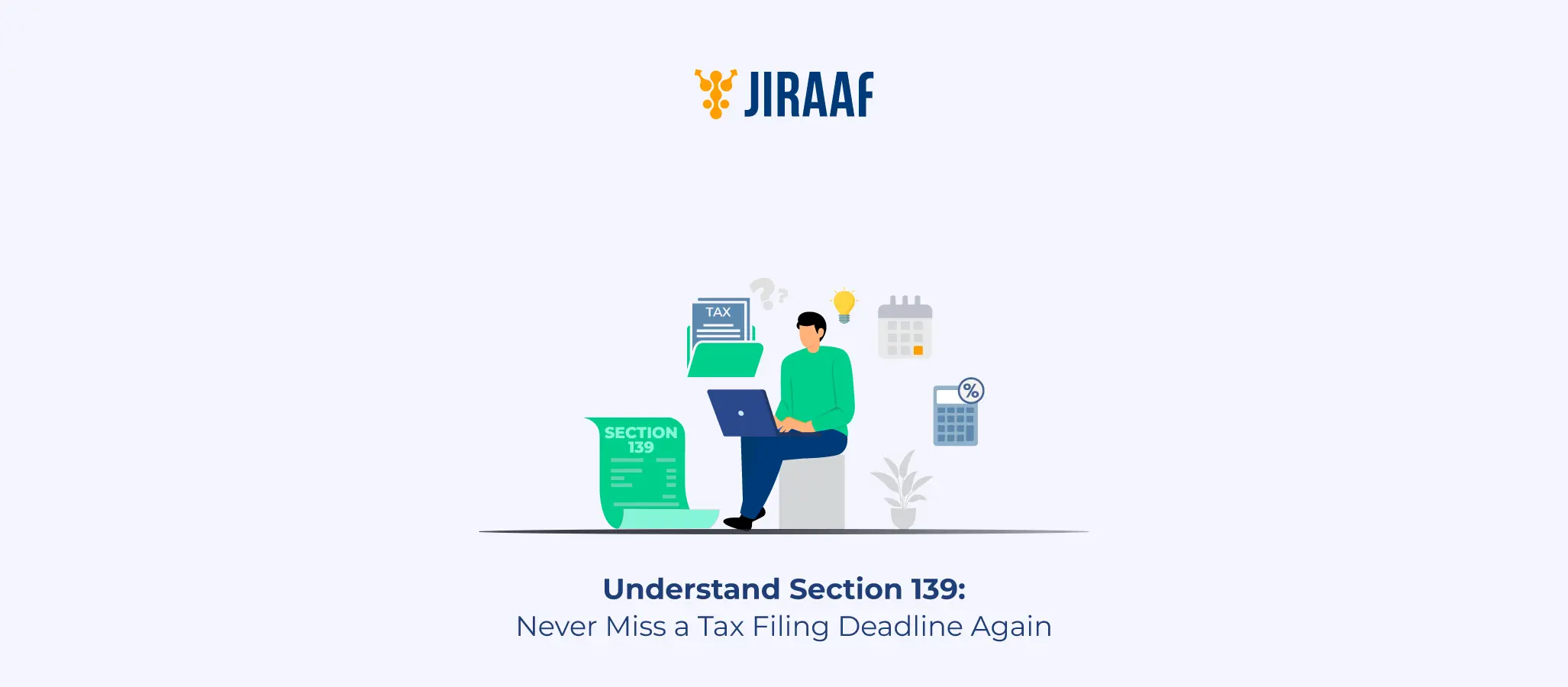Health and wealth often go hand in hand, especially when it comes to your financial planning. And what better way to protect both than by investing in health insurance—while also saving on taxes? That’s exactly where Section 80D of the Income Tax Act steps in.
If you’ve ever wondered how to make the most of your medical insurance premiums during tax season, this guide will walk you through everything you need to know. From who can claim, how much you can claim, to what’s covered and how to file for it—you’re about to get the full picture. So, buckle up and let’s decode Section 80D together.
What Is Section 80D in Income Tax Act?
Section 80D allows you to claim a deduction on the premium you pay for medical insurance policies. It’s applicable whether you’re insuring yourself, your spouse, your children, or even your parents.
But here’s the key catch: it’s not part of the broader ₹1.5 lakh limit under Section 80C. This means you can save tax under 80D over and above what you already claim under 80C.
Objective of Section 80D
Section 80D focuses on promoting health insurance. The government wants to encourage taxpayers to financially prepare for medical emergencies, and what better way to do that than by rewarding you with a tax break?
Eligibility Criteria for 80D Deduction
To claim a deduction under Section 80D, you need to meet these criteria:
- You must be an individual or a Hindu Undivided Family (HUF).
- The premium must be paid in non-cash mode.
- You can claim for:
- Yourself
- Spouse
- Dependent children
- Parents (even if they’re not dependent on you)
Who Cannot Claim?
- Corporates, firms, or partnership firms are not eligible under 80D.
- You can’t claim if you pay the premium in cash (except for preventive health check-ups).
80D Deduction Limits and Tax Benefits
Here’s where it gets interesting. The tax deduction under Section 80D varies depending on the age of the insured individuals:
| Insured Members | Deduction Limit |
| Self + Family (below 60) | ₹25,000 |
| Self + Family (below 60) + Parents (above 60) | ₹75,000 |
| Self (above 60) + Parents (above 60) | ₹1,00,000 |
Bonus: Preventive Health Check-Up
- You can claim up to ₹5,000 for preventive health check-ups.
- This amount is part of the overall ₹25,000 or ₹50,000 limits—not over and above.
Medical Insurance Premiums Covered Under Section 80D
Not all policies are created equal. Under Section 80D, you can claim deductions for:
- Individual health insurance policies
- Family floater plans
- Senior citizen health policies
- Top-up or super top-up plans
- Critical illness policies
What’s Not Covered?
- Group health insurance paid by your employer
- Cash payments (except check-up costs)
- Premiums paid for siblings, in-laws, or other relatives
- Late payment charges or penalties
How to Claim 80D Deduction While Filing ITR
Claiming your deduction is fairly straightforward—just follow these steps:
Step-by-Step Process
- Log in to the income tax e-filing portal.
- Select the relevant ITR form (usually ITR-1 or ITR-2).
- Under “Deductions,” locate Section 80D.
- Enter the premium amount:
- Self + family (up to ₹25,000 or ₹50,000)
- Parents (up to ₹25,000 or ₹50,000)
- If applicable, include preventive health check-up (up to ₹5,000).
- Double-check for cash payments—they won’t be allowed.
Documents to Keep Handy
- Premium payment receipt
- Policy document
- Age proof for senior citizens
- Bank statement if needed as supporting evidence
Tips for Optimal Policy Selection, Year-end Planning & Renewal Strategies
To get the best out of Section 80D, follow these tips:
1. Choose Long-Term Policies
Opt for multi-year plans (2 or 3 years) and claim a proportionate deduction each year.
2. Use the Full Deduction Limit
If you’re falling short of the ₹25,000/₹50,000 threshold, include preventive check-ups to max it out.
3. Renew on Time
Late renewals may mean you miss the deduction for the year, especially if the lapse is during the financial year-end.
4. Add Parents to Your Policy
If your parents are senior citizens, a standalone policy for them can maximize your deductions up to ₹50,000.
5. Consider Top-up Plans
They’re more affordable and eligible under 80D—great for boosting coverage and deductions.
Example
Let’s understand this better with help of an example. Let’s assume that Ananya, aged 40, pays ₹24,000 for her family’s health plan. Her parents (aged 67 and 70) also have a policy for which she pays ₹48,000.
Here’s her tax-saving snapshot:
- ₹24,000 claimed under the ₹25,000 limit for self and family
- ₹48,000 claimed under the ₹50,000 limit for parents
- She also pays ₹4,000 for preventive check-ups
- Total 80D claim: ₹72,000
She not only safeguards her family’s health but also saves nearly ₹20,000 in taxes, depending on her slab!
Conclusion: Maximize Your 80D Tax Savings
Medical insurance isn’t just a shield against hospital bills—it’s also your ticket to legitimate tax savings under Section 80D. Whether you’re self-employed, salaried, or retired, if you’re paying premiums, you deserve a tax break.
And remember, health is your greatest wealth—so protect it while optimizing your taxes. That’s a win-win in every sense.
FAQs
What is Section 80D in Income Tax Act?
Section 80D of the Income Tax Act allows you to claim a tax deduction on premiums paid for health insurance policies. This deduction is available for policies covering yourself, your spouse, dependent children, and parents. The benefit is available over and above the ₹1.5 lakh limit under Section 80C. You can also include expenses for preventive health check-ups within this limit. The deduction varies based on the age of the insured, with higher limits for senior citizens. It’s a great way to reduce your tax liability while ensuring financial preparedness for medical emergencies through adequate health coverage.
What is the 80D deduction limit for individuals?
Under Section 80D, you can claim up to ₹25,000 per financial year for health insurance premiums paid for yourself, your spouse, and dependent children. If you’re paying premiums for senior citizen parents (age 60+), you can claim an additional ₹50,000. So, the total deduction can go up to ₹75,000 or ₹1,00,000 if both you and your parents are senior citizens.
Can I claim deduction for medical insurance under 80D?
Yes, you can claim a deduction under Section 80D for medical insurance premiums paid for yourself, your spouse, dependent children, and parents. The deduction also covers preventive health check-ups (up to ₹5,000) and premiums paid for senior citizen parents, even if they don’t have taxable income, provided you paid the premium and the payment was made in non-cash mode.
How do I claim 80D deduction while filing ITR?
To claim the 80D deduction while filing your Income Tax Return, go to the “Deductions” section in your ITR form (ITR-1 or ITR-2). Enter the amount paid for medical insurance and preventive check-ups under the correct category (self/family or parents). Ensure you have payment proof and premium receipts, and remember, cash payments (except for check-ups) are not eligible for deduction.
Discover fixed income investments with Jiraaf, a SEBI registered online bonds platform that educates and brings access to a wide array of bonds. Sign up today to explore diversified fixed income investment opportunities to support your goal-based wealth creation journey. Start investing!




